Optimal Timing for Foam Insulation
Determining the optimal time for foam insulation installations depends on various environmental and logistical factors. Proper timing ensures effective application, optimal curing, and long-lasting performance of the insulation. Understanding seasonal weather patterns and temperature ranges can influence the quality and efficiency of installation projects.
Spring offers moderate temperatures ideal for foam insulation, reducing the risk of curing issues caused by extreme cold or heat.
Warm summer months can facilitate quick curing, but high humidity may affect adhesion and expansion of foam materials.
Fall provides cooler temperatures, which can be suitable for foam application, especially in regions with mild climates.
Cold temperatures and moisture levels can hinder foam curing and adhesion, making winter less ideal without specialized equipment.
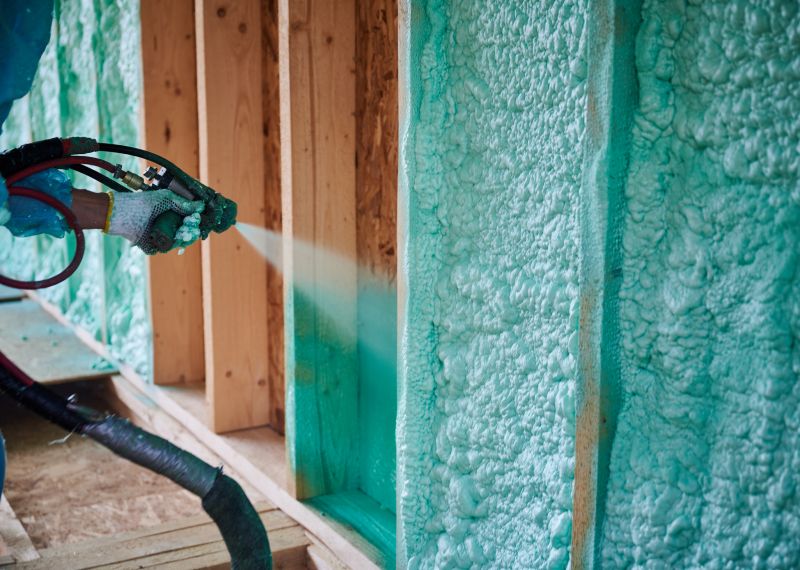
Ways to make Foam Insulation Installations work in tight or awkward layouts.
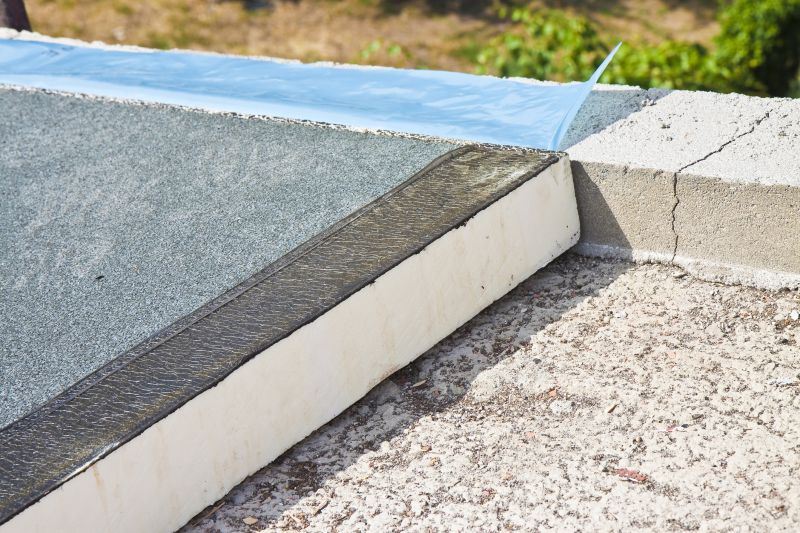
Popular materials for Foam Insulation Installations and why they hold up over time.
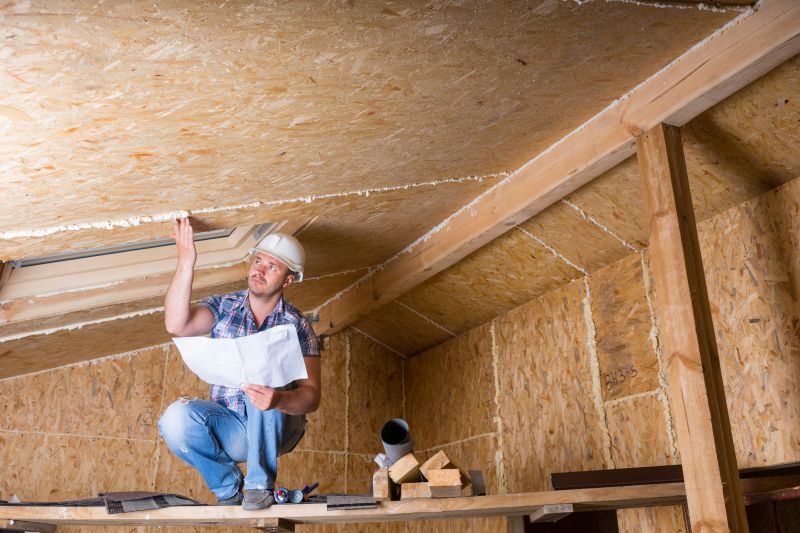
Simple add-ons that improve Foam Insulation Installations without blowing the budget.
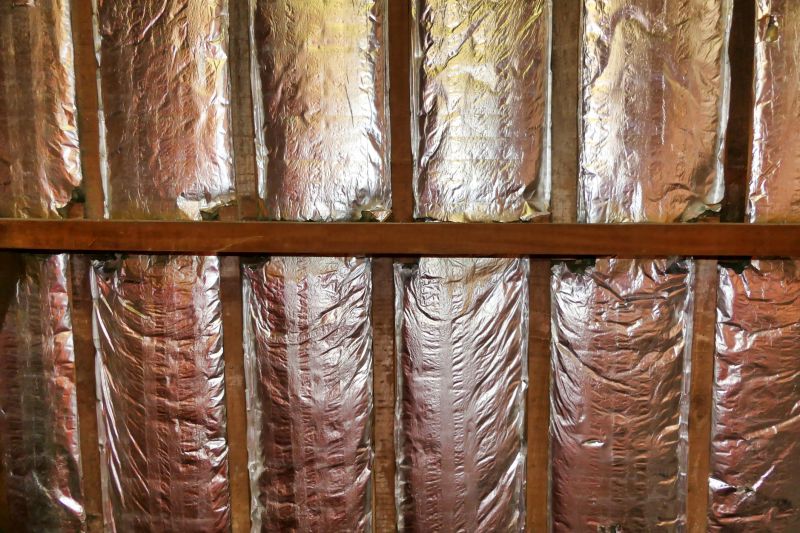
High-end options that actually feel worth it for Foam Insulation Installations.
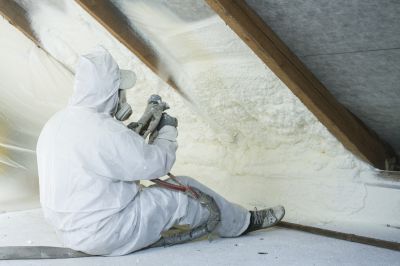
Finishes and colors that play nicely with Foam Insulation Installations.
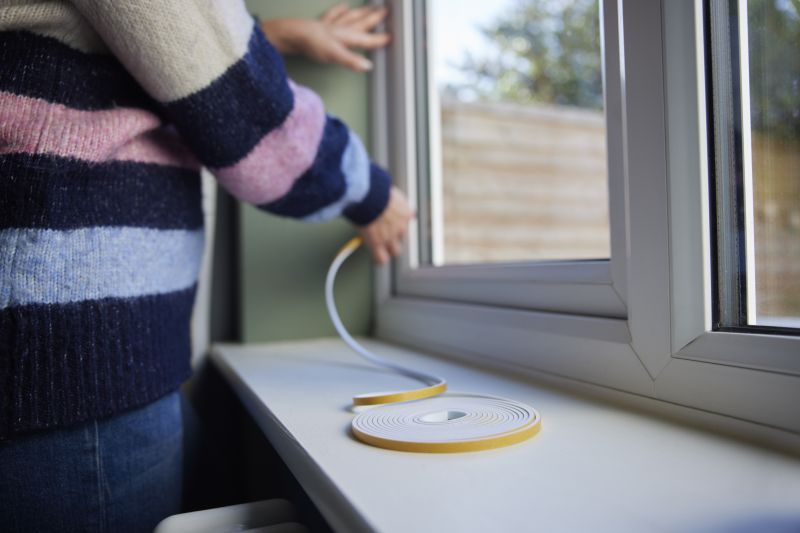
Little measurements that prevent headaches on Foam Insulation Installations day.
Foam insulation installations involve applying spray foam to walls, attics, and other areas to improve thermal efficiency and air sealing. Proper timing ensures the foam cures correctly, providing optimal insulation performance. Seasonal considerations are crucial, as improper conditions can lead to issues such as poor adhesion, uneven expansion, or incomplete curing.
Statistics indicate that foam insulation can reduce energy costs by up to 50% when installed correctly. Its effectiveness depends on proper application during suitable weather conditions. The installation process typically takes a few hours to a day, depending on the project size and complexity.
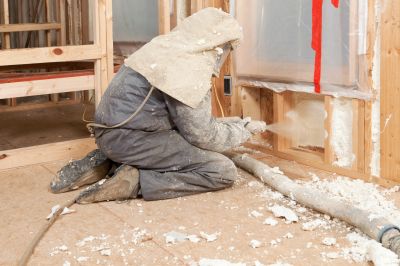
A 60-second routine that keeps Foam Insulation Installations looking new.
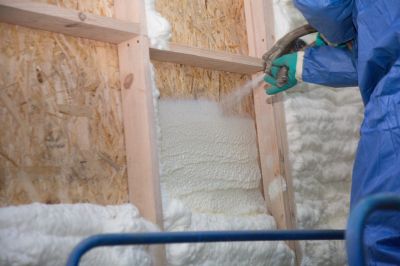
A frequent mistake in Foam Insulation Installations and how to dodge it.
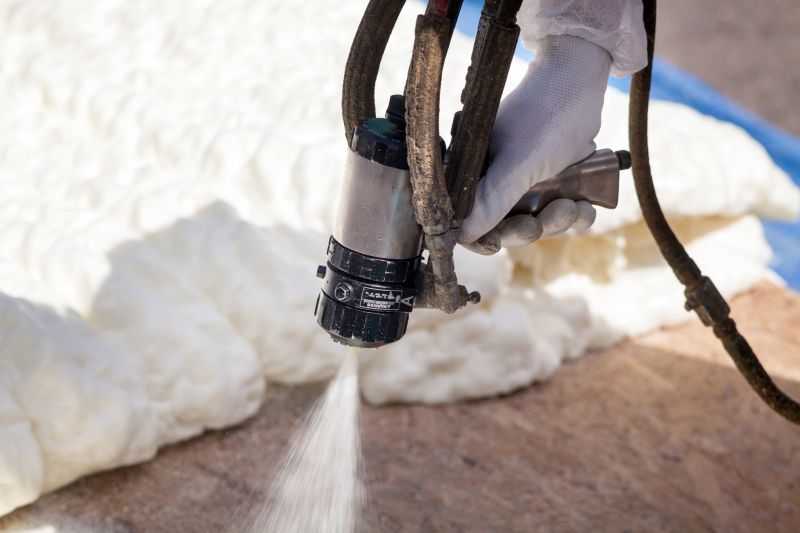
Small tweaks to make Foam Insulation Installations safer and easier to use.
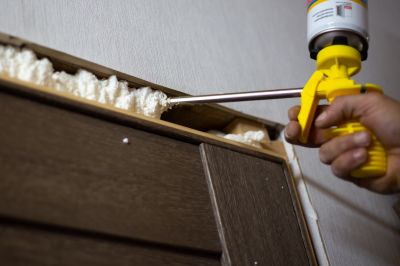
Lower-waste or water-saving choices for Foam Insulation Installations.
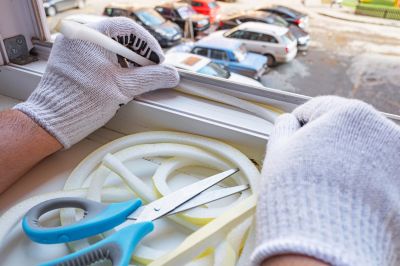
The short, realistic tool list for quality Foam Insulation Installations.
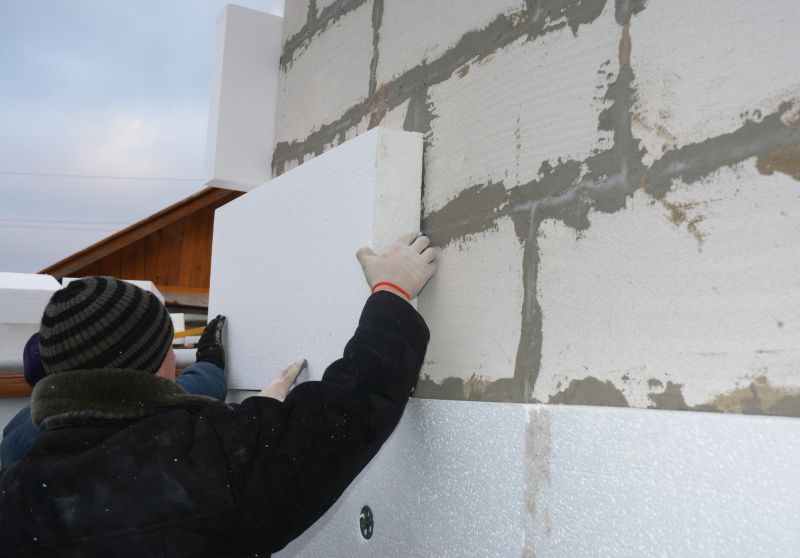
Rough timing from prep to clean-up for Foam Insulation Installations.
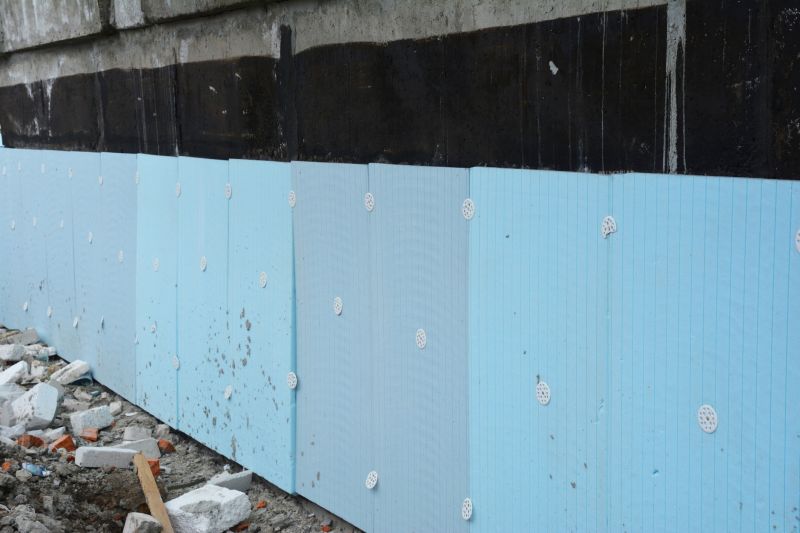
Quick checks and paperwork to keep after Foam Insulation Installations.
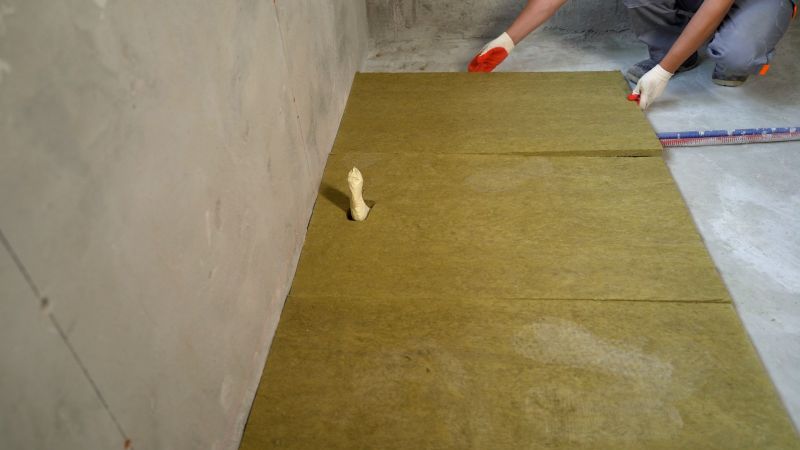
Examples that show the impact a good Foam Insulation Installations can make.
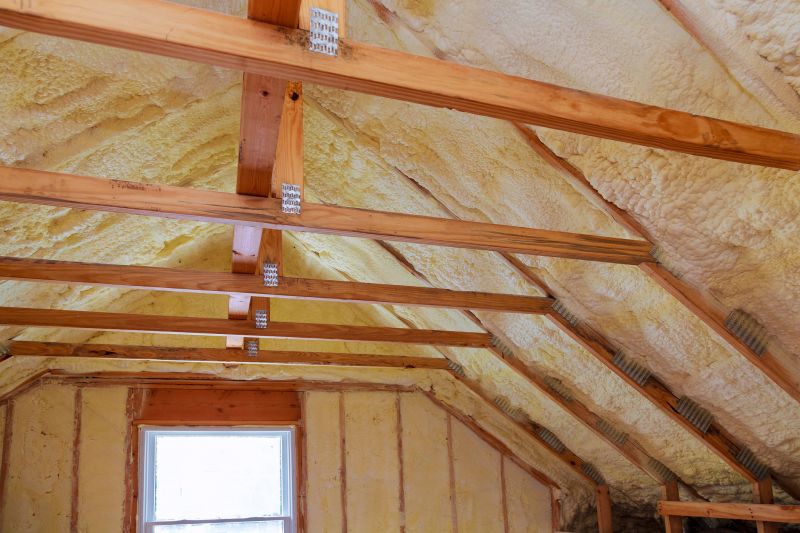
Ways to make Foam Insulation Installations work in tight or awkward layouts.
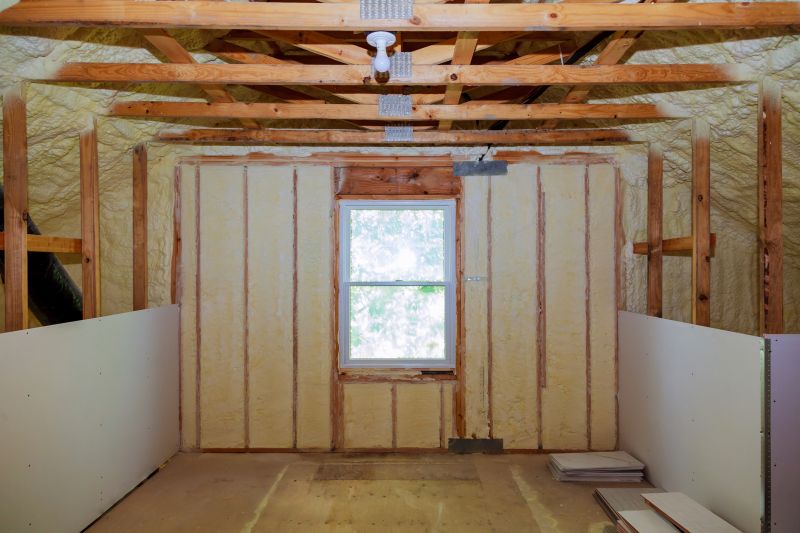
Ways to make Foam Insulation Installations work in tight or awkward layouts.
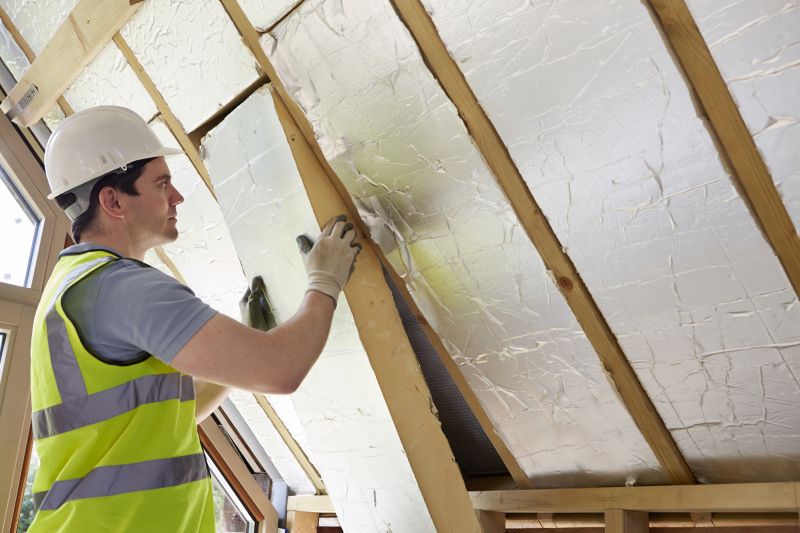
Ways to make Foam Insulation Installations work in tight or awkward layouts.
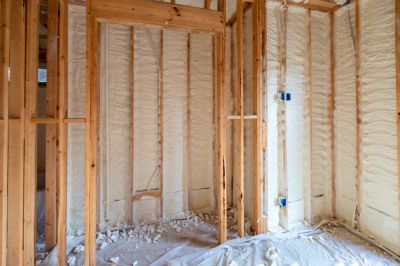
Ways to make Foam Insulation Installations work in tight or awkward layouts.
| Season | Ideal Temperature Range |
|---|---|
| Spring | 60-80°F |
| Summer | 70-85°F |
| Fall | 60-75°F |
| Winter | Above 50°F with heating equipment |
Interested in foam insulation installations? Filling out the contact form can provide more information about scheduling and project planning. Proper timing, combined with professional application, can maximize insulation performance and energy savings.
